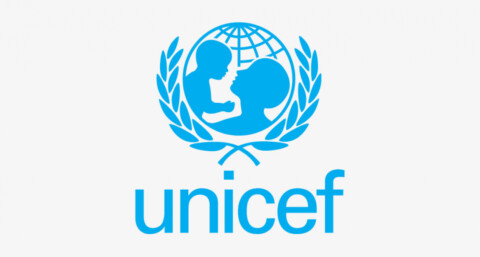The National Senior Secondary Education Commission (NSSEC) has intensified its nationwide monitoring and evaluation of senior secondary schools to ensure compliance with the national benchmarks for teaching and learning. This was disclosed by the commission’s Executive Secretary, Dr. Iyela Ajayi, during a media briefing.
According to Ajayi, the current monitoring exercise, which began in May in Kaduna, is aligned with a policy document that outlines minimum standards for senior secondary schools. These standards cover critical areas such as teacher qualifications, teacher-student ratios, quality and availability of non-teaching staff, adequacy of classrooms, laboratories, libraries, ICT facilities, toilets, and administrative blocks, among others. The document also ensures the availability and proper implementation of approved curricula.
He noted that the benchmarks were developed and approved by education stakeholders across all zones of the country, endorsed by the National Council on Education, and officially launched by the Ministers of Education. He emphasized that any school falling below these benchmarks would be considered unsuitable for effective teaching and learning.
Ajayi stressed that the benchmarks are designed to promote quality and standardization in senior secondary education across Nigeria. Since 2021, NSSEC has conducted annual monitoring exercises, and the current cycle is still ongoing.
Reaffirming the commission’s mandate, Ajayi stated that NSSEC was established to regulate and intervene in senior secondary education in the country. He referenced the commission’s four-year strategic plan (2023–2027), which has been adopted by stakeholders and launched by the former Minister of Education.
He highlighted that a key component of this plan was the development of a comprehensive document on the National Minimum Standards for Senior Secondary Education—Nigeria’s first such guideline for this education level. He maintained that schools would not be allowed to operate below the specified benchmarks if quality is to be achieved.
In further efforts to improve education quality, Ajayi revealed that NSSEC has launched an Artificial Intelligence (AI) training programme for 6,000 selected senior secondary school teachers across Nigeria, including the Federal Capital Territory. The initiative, organized in partnership with Google Research, aims to integrate AI into teaching and empower educators with the skills to prepare students for a technology-driven world.
Ajayi also spoke about the commission’s ongoing capacity-building efforts. Annually, English and Mathematics teachers receive training in pedagogy. Traditional rulers are also being engaged in initiatives to boost student enrollment and enhance school security. In addition, the commission collaborates with organizations like the British Council and the American Embassy to train teachers and school heads.
To promote school governance and safety, NSSEC has organized meetings with School-Based Management Committees and stakeholders in all states. The commission has also published up-to-date data on senior secondary schools nationwide and continued promoting STEM education through annual science exhibitions. In the past two years, it has distributed textbooks and exercise books to selected schools.
On infrastructure, Ajayi disclosed that 50 senior secondary schools—at least one in each state—are currently undergoing upgrades. In Lagos, Satellite Senior and Junior Secondary School in Amuwo and Oriwu College in Ikorodu are among the selected institutions. He stated that N47.5 billion has been allocated for the first phase of the upgrade.
Ajayi also spoke on the commission’s partnership with the Federal Capital Territory (FCT) Administration, aimed at enhancing the quality of senior secondary education in the FCT. This was discussed during his courtesy visit to the FCT Mandate Secretary, Dr. Danlami Hayyo, at the Education Secretariat in Abuja.
He noted that the partnership would strengthen the existing relationship between the commission and the FCT administration, particularly in areas such as the provision of modern learning facilities, teacher training, effective curriculum implementation, quality assurance, and strategies to reduce dropout rates.
Ajayi commended the FCT administration for its dedication to educational development and expressed optimism that their collaboration would significantly improve senior secondary education outcomes in the territory.
In response, Hayyo pledged the FCT’s commitment to supporting NSSEC’s goals. He welcomed the collaboration, assuring that the FCT Education Secretariat was open to working with the commission to improve secondary education.





